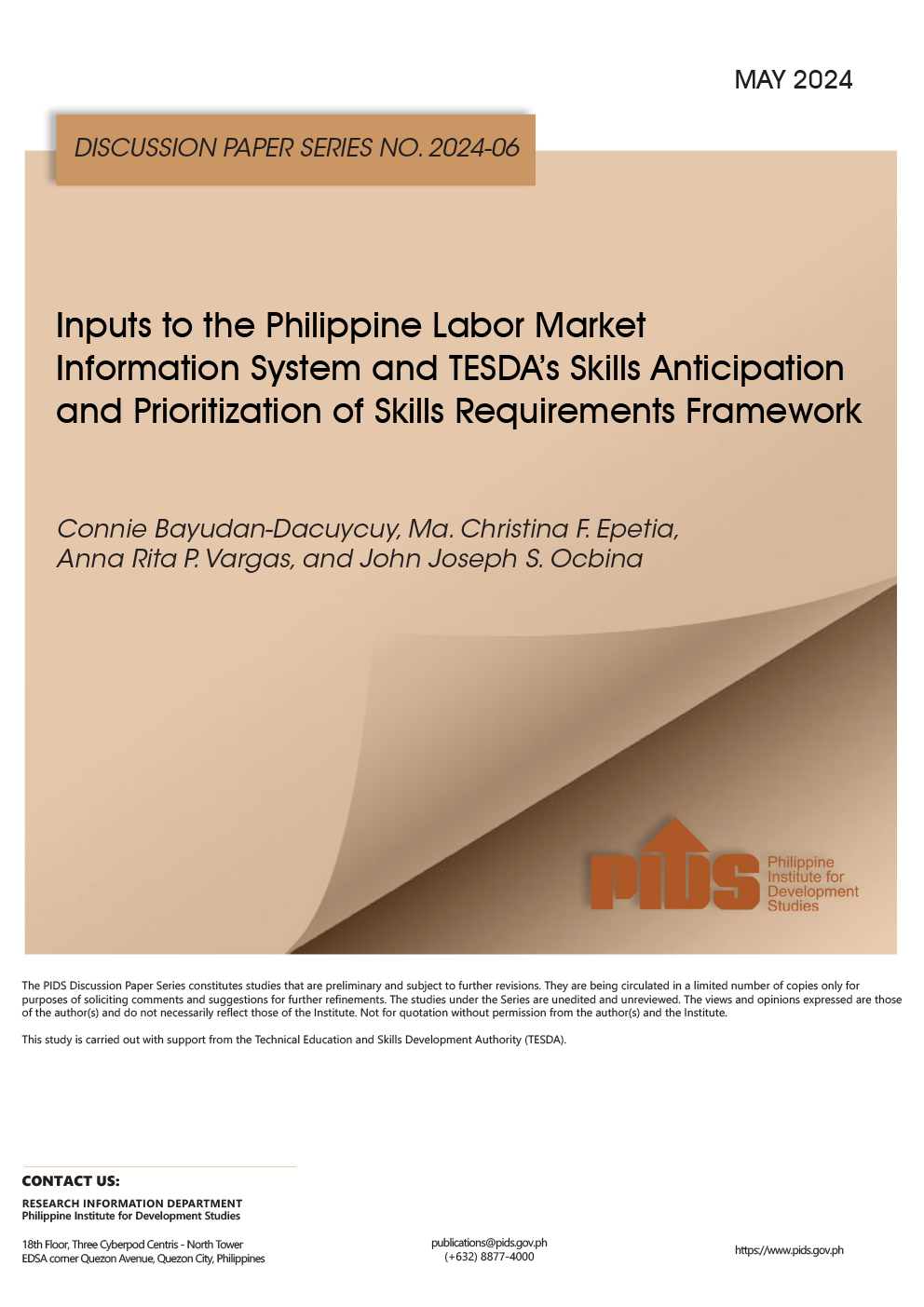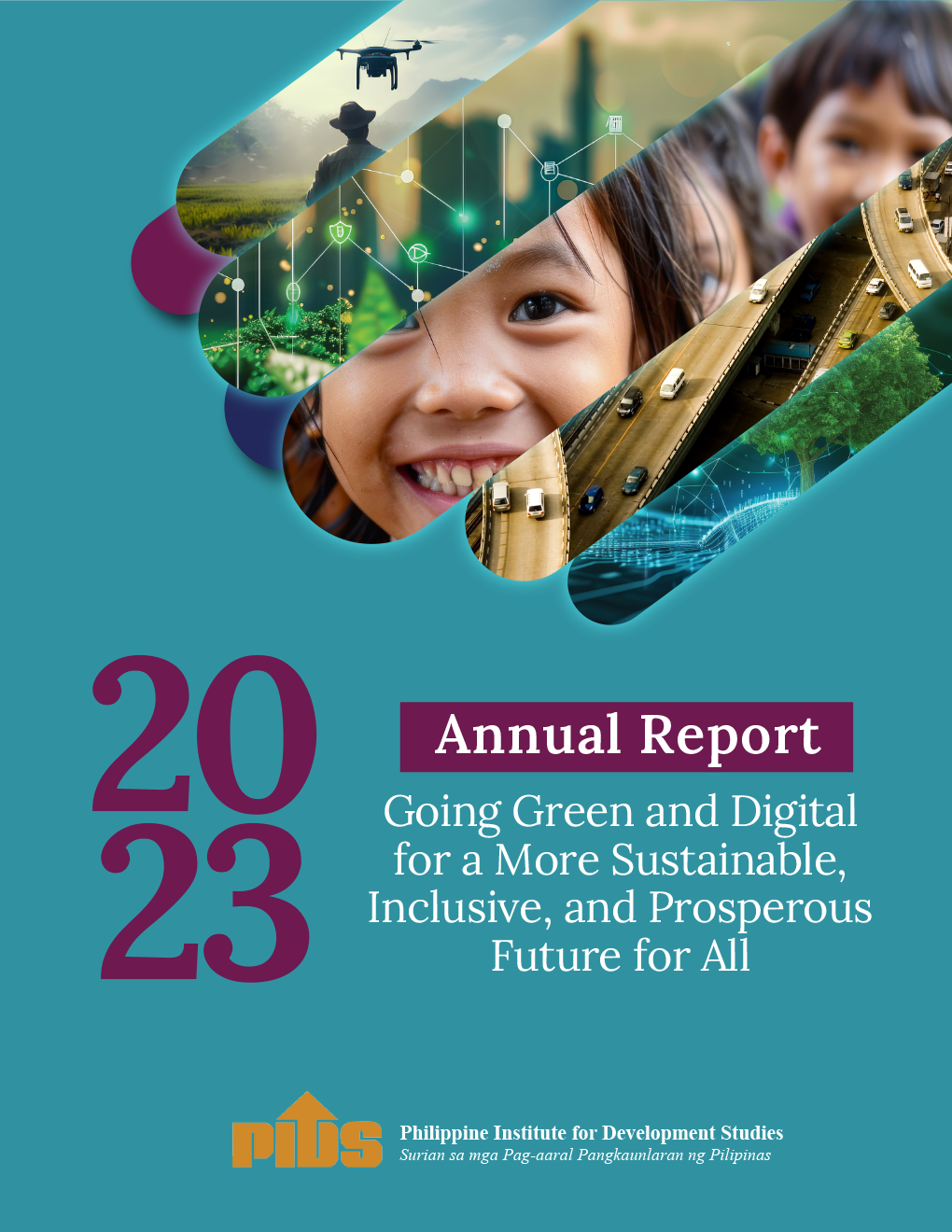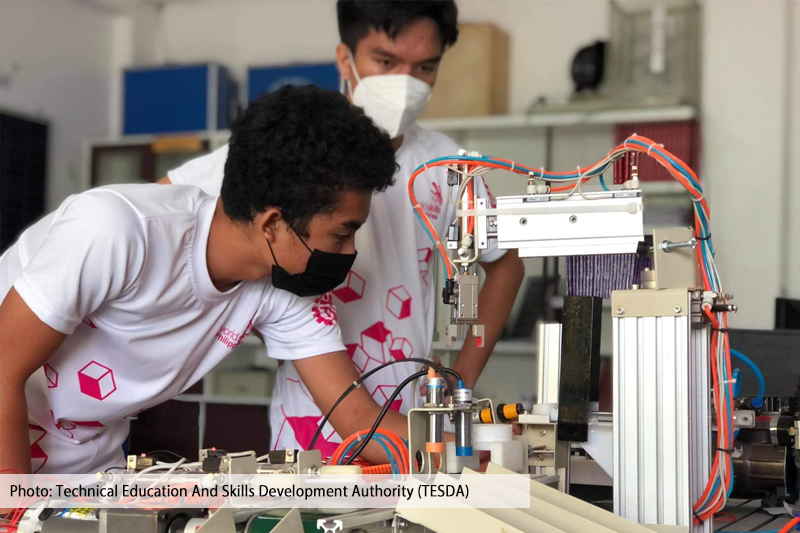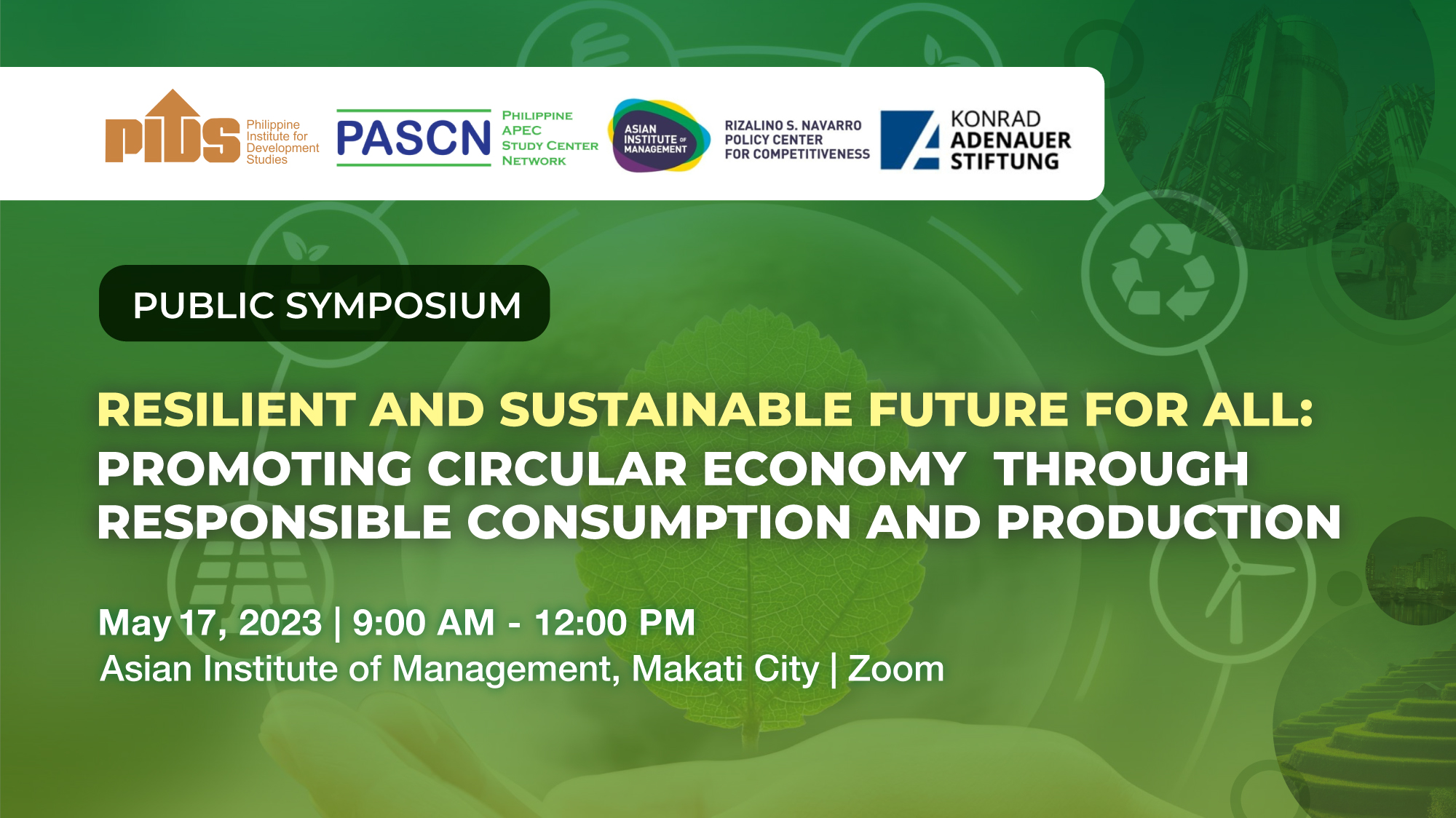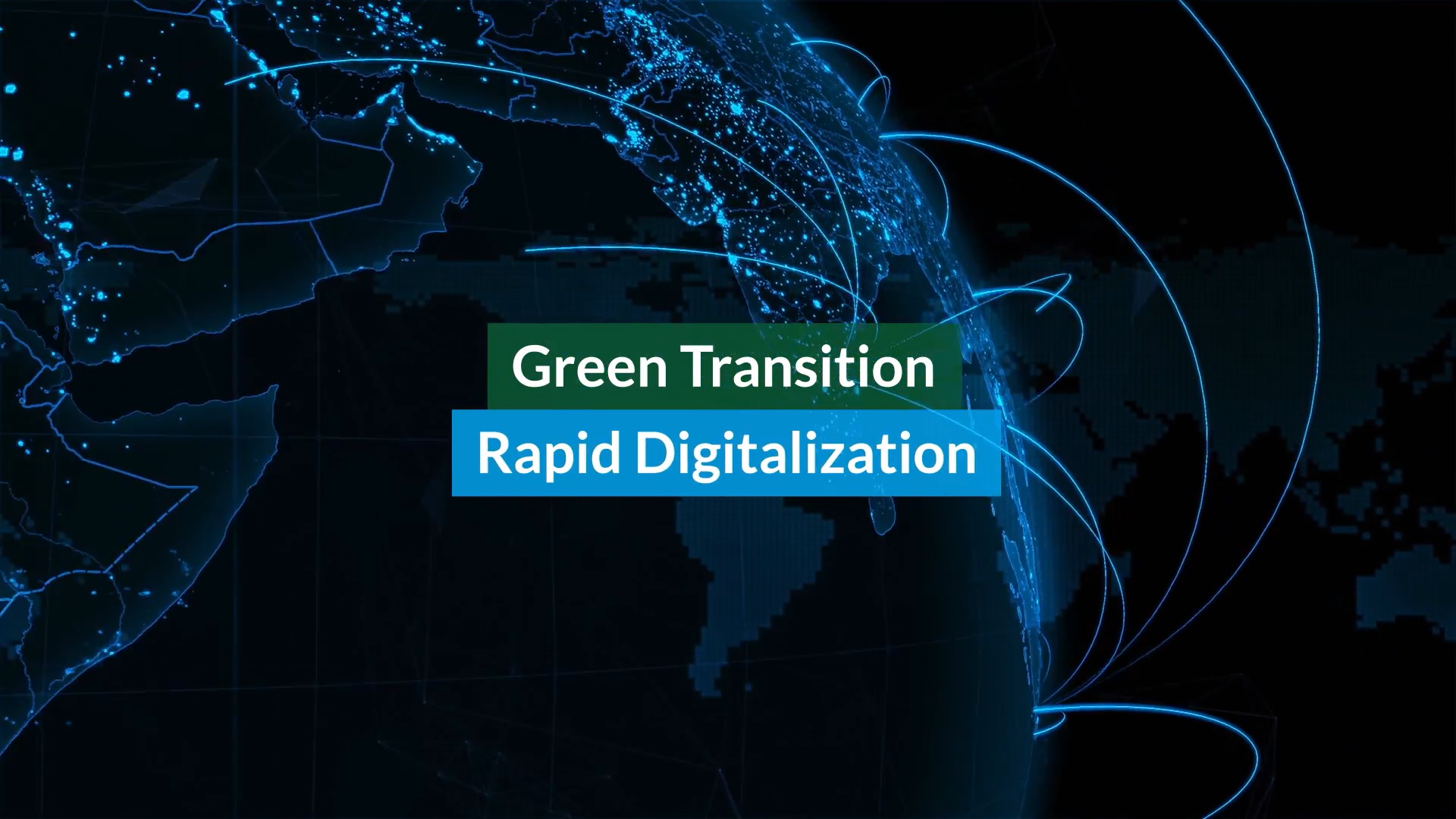No one can overemphasize the importance of continuous testing and social distancing which, according to experts, is the only way to slow down the viral infection while there is no vaccine available.
A study by a team of top disease-modeling experts at Harvard University said intermittent social distancing might need to be carried out until 2022 especially since a vaccine is still in development. The researchers warned against “one-time social distancing” because new cases could surge toward the colder months, and susceptible populations could trigger new COVID-19 infections.
Dr. Anthony Fauci, who is probably the most trusted man in America and perhaps even in the world being on television almost every day, is the director of the National Institute of Allergy and Infectious Diseases and is a lead member of the White House Coronavirus Task Force. His way of explaining the crisis to Americans has started a “Fauci fever” and even generated a move for him to receive the Nobel Peace Prize.
Many Ateneans especially my classmates would be proud to know that he is a Jesuit-educated Catholic who, like Pope Francis, is “a man for others.” A graduate of Regis High School in Manhattan and the College of the Holy Cross in Massachusetts, Dr. Fauci has the qualities of a servant leader whose life is dedicated to helping others.
He has done trailblazing work on the treatment of HIV infections and AIDS, and was at the forefront of US efforts to fight pandemics like SARS, swine flu, Ebola, MERS-COV and now, COVID-19.
Dr. Fauci – America’s leading infectious diseases expert – is emphatic about social distancing, saying it could reduce the number of coronavirus deaths. This is where media can play a major role in making people understand how serious and deadly COVID-19 is by continuously disseminating information – like the number of infections and fatalities – that would drum the importance of self-discipline and social distancing into people’s heads. Media should constantly remind the general public about the critical importance of maintaining hygiene practices.
It goes without saying that a strict implementation of the lockdown is the first important step in flattening the curve but unfortunately, many Filipinos especially in highly populated slum areas are constrained from following social distancing protocols simply because they live in cramped spaces. We can understand why people have to go out to buy food and other necessities, crowding in the marketplace and the groceries.
Our friend Michael Tan of the LT Group has an idea to solve this and how to ease the devastating impact of COVID-19 on the economy and the people. Citing the Philippine Institute for Development Studies that recommends a gradual transition to a risk-based strategy in combination with the easing of economic restrictions while controlling the COVID-19 spread, Michael says sari-sari stores (small convenience stores) are in a very good position to help jumpstart the economy without endangering public safety.
Since they are scattered within the barangay (sometimes two or more along one street), well-stocked sari-sari stores can complement the stay-at-home strategy because people do not have to travel far to buy supplies from groceries that are often few and far between. Plus, the home credit option and the tingi (small retail) selling strategy allow low-income households to extend their daily budgets for food and other basic products.
Michael emailed me his innovative idea and I sent it to Finance Secretary Sonny Dominguez and Presidential Adviser for Entrepreneurship Joey Concepcion to see if this is something that could work, with government and the private sector cooperating to stop the spread of the virus while also keeping the economy afloat. Hopefully they will take it up with the Inter-Agency Task Force (IATF).
The Philippine embassy in Washington, D.C. coordinated for Secretary Dominguez to be the guest speaker at a US Chamber of Commerce web conference through the Zoom app. Joining the conference were the US-Philippines Society and representatives from American companies as well as a number of our Philippine business leaders.
The Secretary spoke about the government’s bold fiscal and monetary actions to support the economy, putting in place $16.3 billion for emergency initiatives and other measures to keep the economy afloat. He also said that the government is working on an economic recovery plan that is responsive to the needs of consumers and micro, small and medium enterprises to create jobs and sustain growth. Investments in social and infrastructure programs to help revive and sustain economic growth will also continue, with the “Build, Build, Build” infrastructure program seen to fuel the Philippines’ “bounce back” economic recovery plan.
An article in Forbes disclosed the latest report by global consulting firm Kearney that many US companies are considering the transfer of their operations from China to other parts of Asia. Japan has also earmarked $2.2 billion in funds to help Japanese companies move their production out of China. These developments may present opportunities for the Philippines which remains “open for business” and offers good incentives for investors.
No one will argue that the COVID-19 pandemic is a global problem that is totally unprecedented and unlike anything the world has ever seen before. No country was really prepared for something like this, and unfortunately, Health Secretary Duque, who is at the forefront of efforts to fight the coronavirus, is being crucified.
To survive this pandemic, Filipinos must strictly follow the president’s call for social distancing protocols and more than that – practice some self-discipline to, at the very least, protect themselves and their families.
A study by a team of top disease-modeling experts at Harvard University said intermittent social distancing might need to be carried out until 2022 especially since a vaccine is still in development. The researchers warned against “one-time social distancing” because new cases could surge toward the colder months, and susceptible populations could trigger new COVID-19 infections.
Dr. Anthony Fauci, who is probably the most trusted man in America and perhaps even in the world being on television almost every day, is the director of the National Institute of Allergy and Infectious Diseases and is a lead member of the White House Coronavirus Task Force. His way of explaining the crisis to Americans has started a “Fauci fever” and even generated a move for him to receive the Nobel Peace Prize.
Many Ateneans especially my classmates would be proud to know that he is a Jesuit-educated Catholic who, like Pope Francis, is “a man for others.” A graduate of Regis High School in Manhattan and the College of the Holy Cross in Massachusetts, Dr. Fauci has the qualities of a servant leader whose life is dedicated to helping others.
He has done trailblazing work on the treatment of HIV infections and AIDS, and was at the forefront of US efforts to fight pandemics like SARS, swine flu, Ebola, MERS-COV and now, COVID-19.
Dr. Fauci – America’s leading infectious diseases expert – is emphatic about social distancing, saying it could reduce the number of coronavirus deaths. This is where media can play a major role in making people understand how serious and deadly COVID-19 is by continuously disseminating information – like the number of infections and fatalities – that would drum the importance of self-discipline and social distancing into people’s heads. Media should constantly remind the general public about the critical importance of maintaining hygiene practices.
It goes without saying that a strict implementation of the lockdown is the first important step in flattening the curve but unfortunately, many Filipinos especially in highly populated slum areas are constrained from following social distancing protocols simply because they live in cramped spaces. We can understand why people have to go out to buy food and other necessities, crowding in the marketplace and the groceries.
Our friend Michael Tan of the LT Group has an idea to solve this and how to ease the devastating impact of COVID-19 on the economy and the people. Citing the Philippine Institute for Development Studies that recommends a gradual transition to a risk-based strategy in combination with the easing of economic restrictions while controlling the COVID-19 spread, Michael says sari-sari stores (small convenience stores) are in a very good position to help jumpstart the economy without endangering public safety.
Since they are scattered within the barangay (sometimes two or more along one street), well-stocked sari-sari stores can complement the stay-at-home strategy because people do not have to travel far to buy supplies from groceries that are often few and far between. Plus, the home credit option and the tingi (small retail) selling strategy allow low-income households to extend their daily budgets for food and other basic products.
Michael emailed me his innovative idea and I sent it to Finance Secretary Sonny Dominguez and Presidential Adviser for Entrepreneurship Joey Concepcion to see if this is something that could work, with government and the private sector cooperating to stop the spread of the virus while also keeping the economy afloat. Hopefully they will take it up with the Inter-Agency Task Force (IATF).
The Philippine embassy in Washington, D.C. coordinated for Secretary Dominguez to be the guest speaker at a US Chamber of Commerce web conference through the Zoom app. Joining the conference were the US-Philippines Society and representatives from American companies as well as a number of our Philippine business leaders.
The Secretary spoke about the government’s bold fiscal and monetary actions to support the economy, putting in place $16.3 billion for emergency initiatives and other measures to keep the economy afloat. He also said that the government is working on an economic recovery plan that is responsive to the needs of consumers and micro, small and medium enterprises to create jobs and sustain growth. Investments in social and infrastructure programs to help revive and sustain economic growth will also continue, with the “Build, Build, Build” infrastructure program seen to fuel the Philippines’ “bounce back” economic recovery plan.
An article in Forbes disclosed the latest report by global consulting firm Kearney that many US companies are considering the transfer of their operations from China to other parts of Asia. Japan has also earmarked $2.2 billion in funds to help Japanese companies move their production out of China. These developments may present opportunities for the Philippines which remains “open for business” and offers good incentives for investors.
No one will argue that the COVID-19 pandemic is a global problem that is totally unprecedented and unlike anything the world has ever seen before. No country was really prepared for something like this, and unfortunately, Health Secretary Duque, who is at the forefront of efforts to fight the coronavirus, is being crucified.
To survive this pandemic, Filipinos must strictly follow the president’s call for social distancing protocols and more than that – practice some self-discipline to, at the very least, protect themselves and their families.

